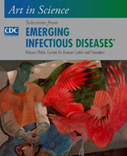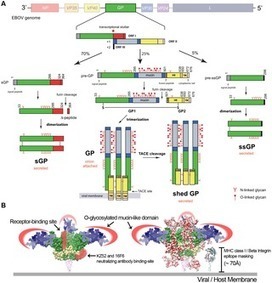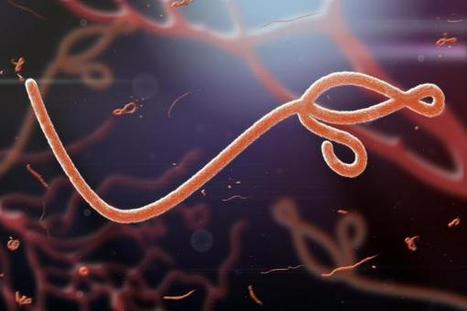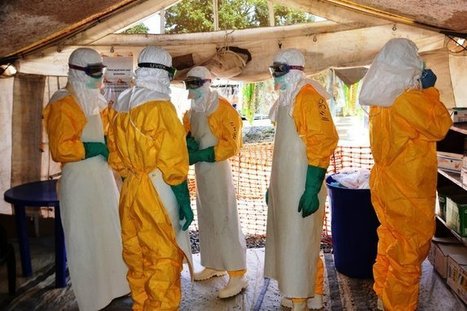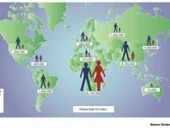Thousands of persons have survived Ebola virus disease. Almost all survivors describe symptoms that persist or develop after hospital discharge. A cross-sectional survey of the symptoms of all survivors from the Ebola treatment unit (ETU) at 34th Regimental Military Hospital, Freetown, Sierra Leone (MH34), was conducted after discharge at their initial follow-up appointment within 3 weeks after their second negative PCR result. From its opening on December 1, 2014, through March 31, 2015, the MH34 ETU treated 84 persons (8–70 years of age) with PCR-confirmed Ebola virus disease, of whom 44 survived. Survivors reported musculoskeletal pain (70%), headache (48%), and ocular problems (14%). Those who reported headache had had lower admission cycle threshold Ebola PCR than did those who did not (p<0.03). This complete survivor cohort from 1 ETU enables analysis of the proportion of symptoms of post-Ebola syndrome. The Ebola epidemic is waning, but the effects of the disease will remain.
Research and publish the best content.
Get Started for FREE
Sign up with Facebook Sign up with X
I don't have a Facebook or a X account
Already have an account: Login
Topical news snippets about viruses that affect people. And other things. Like Led Zeppelin. And zombies B-)
Curated by
Ed Rybicki
 Your new post is loading... Your new post is loading...
 Your new post is loading... Your new post is loading...
|
|




